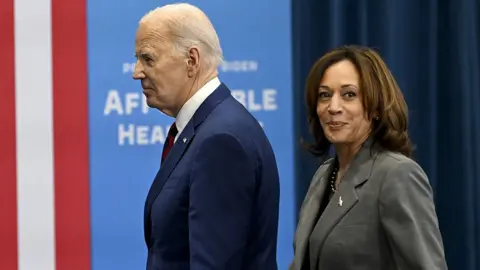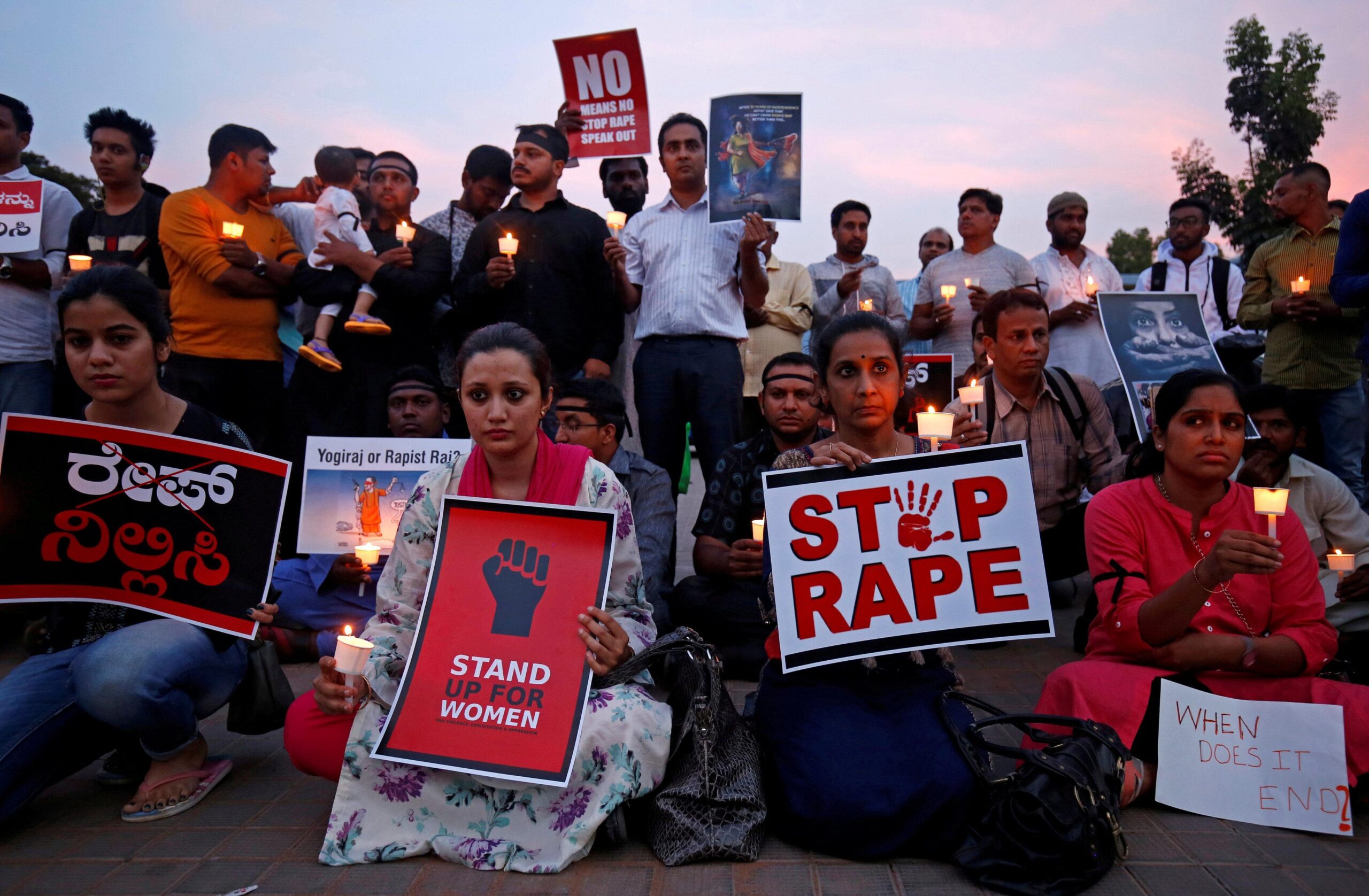President Joe Biden has decided not to seek a second term. However, he’s endorsing Kamala Harris, the Vice President, as the Democratic Party’s nominee for the presidency. This is unfolding a month before the Democratic National Convention, where the party is to decide its candidate.
Is Biden Still President?
Indeed, Joe Biden is still the current President of the United States of America. He has ceased only his re-election bid, which was slated for November 5. He intends to serve until a new president is sworn in in January next year. However, senior Republicans like House Speaker Mike Johnson are urging him to resign now.
Who supports Harris as the new Democratic candidate?
Since Biden backs Kamala Harris, she is not the new candidate by default. After securing primary backing, Biden would be confirmed as the candidate this summer. The decision on who to support is not solely Biden’s but is decided by the delegates, who represent different areas at the Democratic National Convention. These delegates play a crucial role in the nomination process. Despite Biden’s endorsement, Harris’s chances are bright; the delegates will ultimately decide whom to vote for. As things stand, the party is coalescing around Harris because no one else appears willing to mount a serious challenge.
Can other candidates continue to join?
Thus, having Biden withdraw, several individuals have been named. Some suggested Democratic presidential candidates include governors: Snyder of Ohio, Baker of Massachusetts, Hickenlooper of Colorado, Inslee of Washington, Pritzker of Illinois and Gretchen Whitmer from Michigan; however, she has declined to vie. Immediately after Biden announced his candidature list, Whitmer confirmed that she was fully ready to do everything possible to stop Donald Trump. Some, such as Gavin Newsom, the Governor of California and Pete Buttigieg, the Secretary of Transportation, are now backing Harris. Democracy is on the right side of history Democrats will hold their convention to nominate their presidential candidate starting from August 19. If no one person has the support of the delegates, then there might be an open convention where more than one person’s candidacy can be considered. For example, the candidate on the ballot must collect 300 delegates’ signatures, of which none can come from a single state more than 50. If none of the candidates receives the majority vote in the first round, others will continue until one is elected. This means that for a candidate to win the party primaries, he requires 1,976 delegate votes.
Selecting the VP:
The method of selecting a vice presidential candidate is more rigorous than that of the presidential candidate. Normally, the presidential nominee’s decision is approved. If Harris becomes the nominee, she might select someone like the Governor of Pennsylvania, Josh Shapiro, or the Governor of Illinois, JB Pritzker, as her vice presidential candidate. This selection process is a significant part of the political race and can greatly influence the outcome of the election.
Finances:
If Harris and Biden were on the same ticket, Biden could have hauled nearly $100 million available for deployment as the nominee if Harris had been entrusted with the same, as per the campaign finance specialists. However, Republicans might challenge this; Biden did not become the official front-runner when he dropped out. It’s unknown what will happen to the funds if an extra person becomes the nominee; however, if the nominated person dies with their family members and no relatives, the money is taken as state property. This clarification ensures that the audience is fully informed about the financial implications of the candidates’ decisions.




